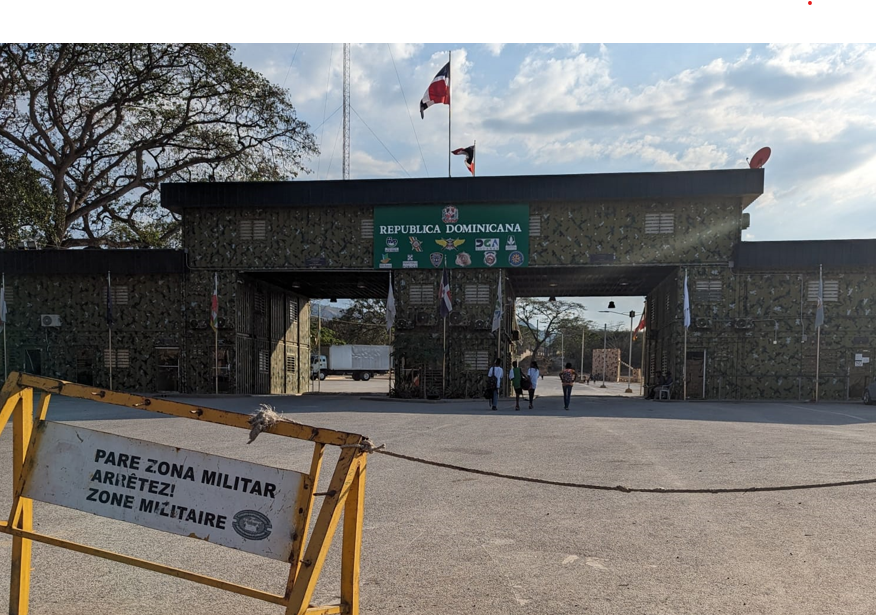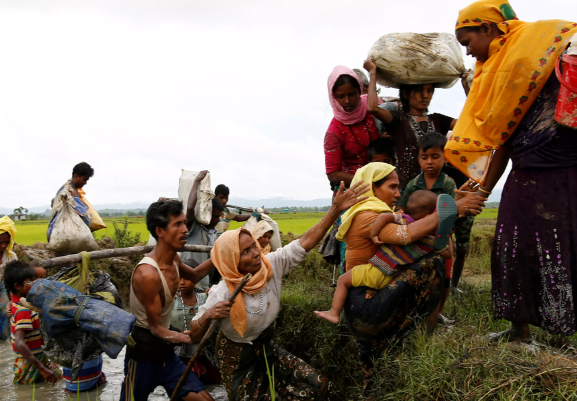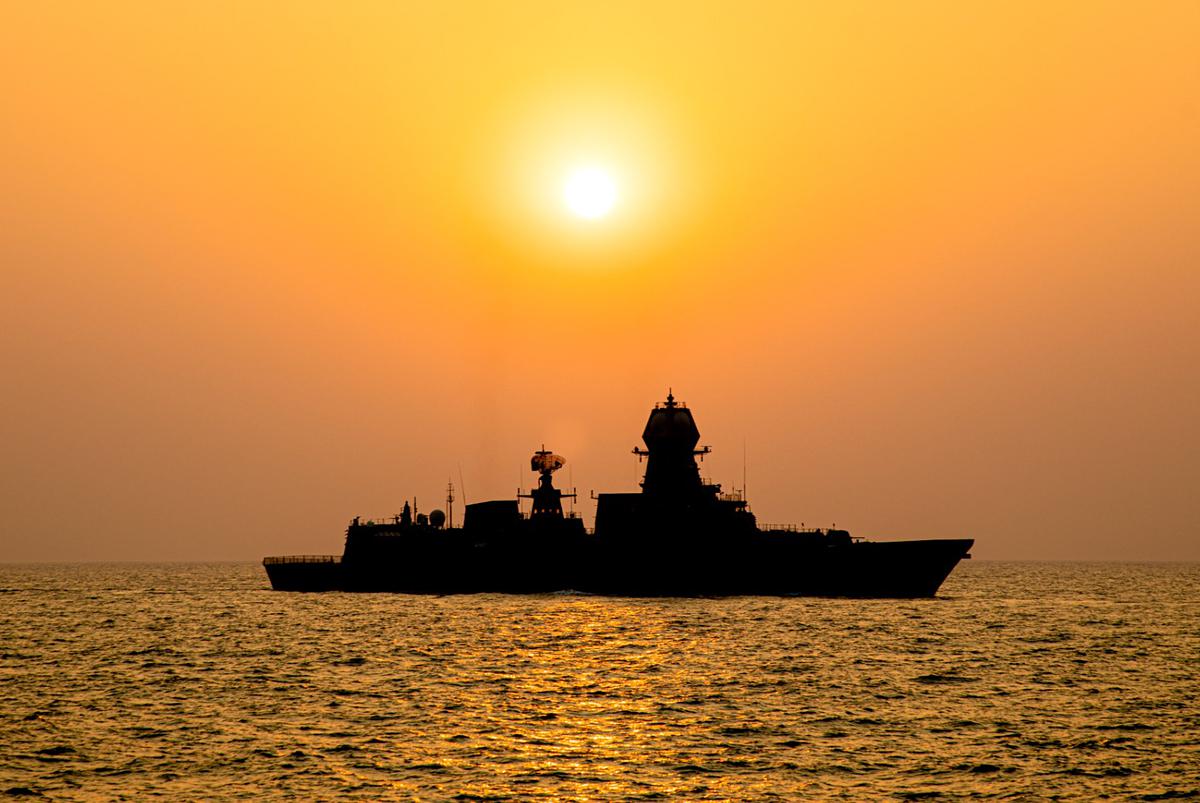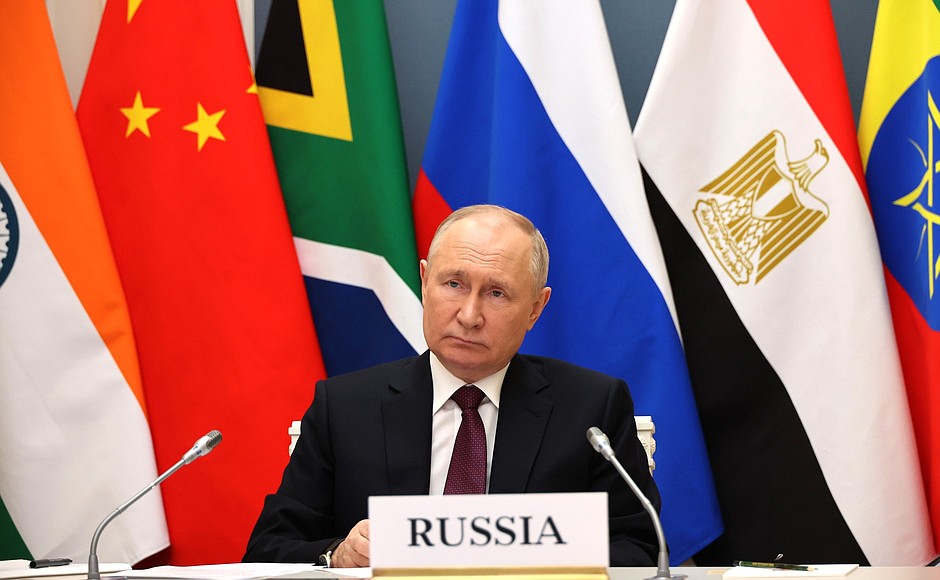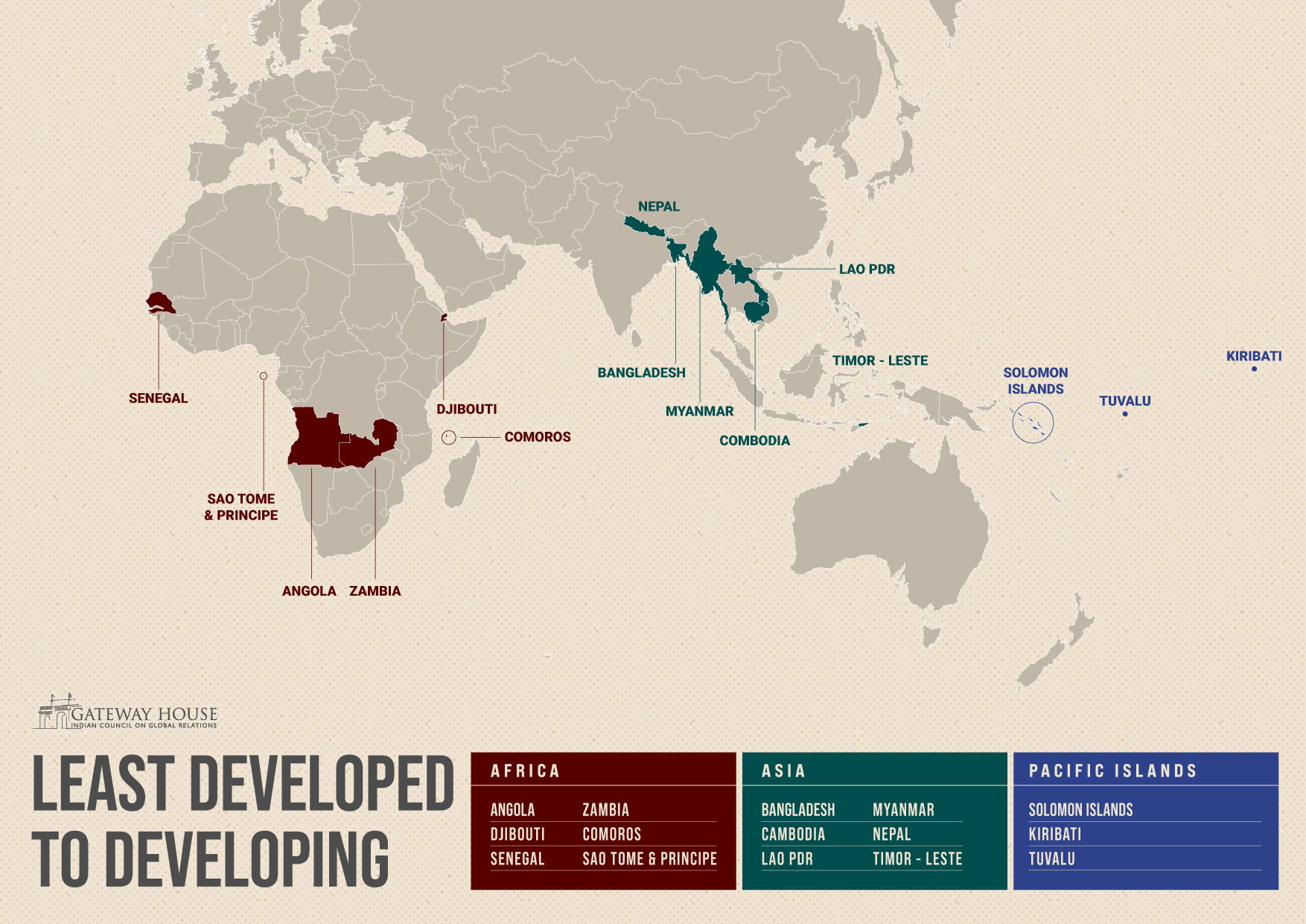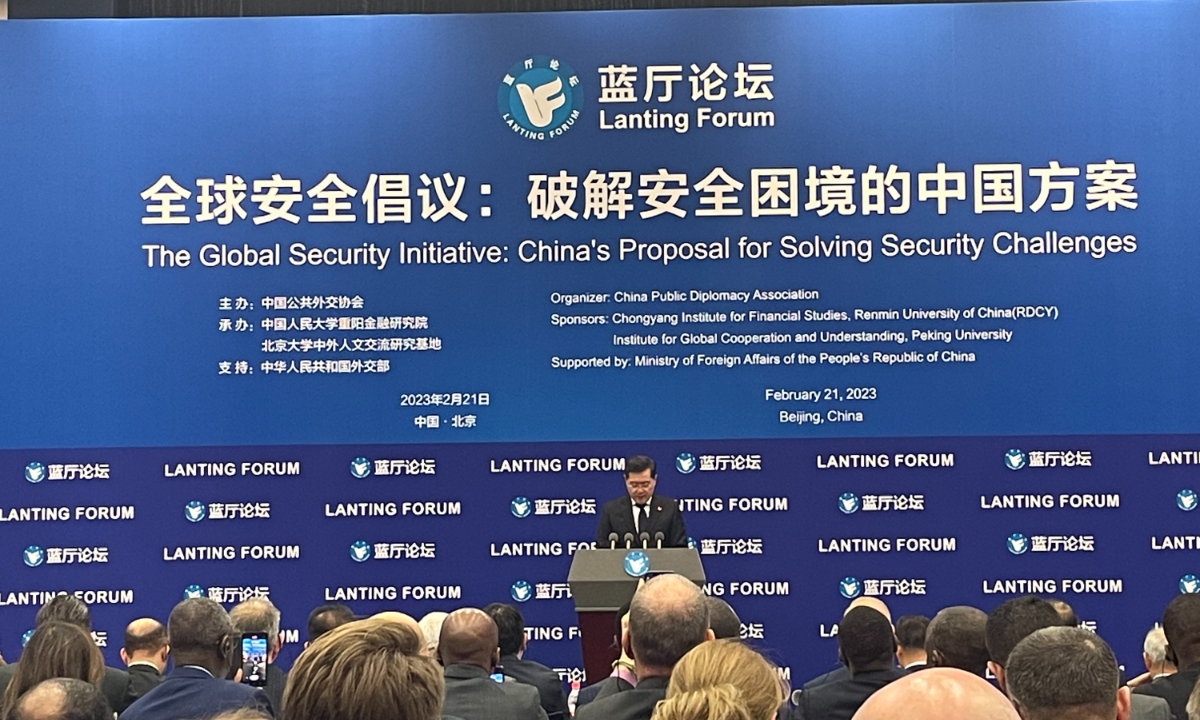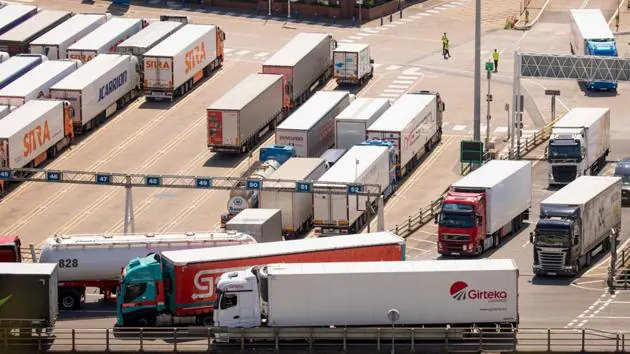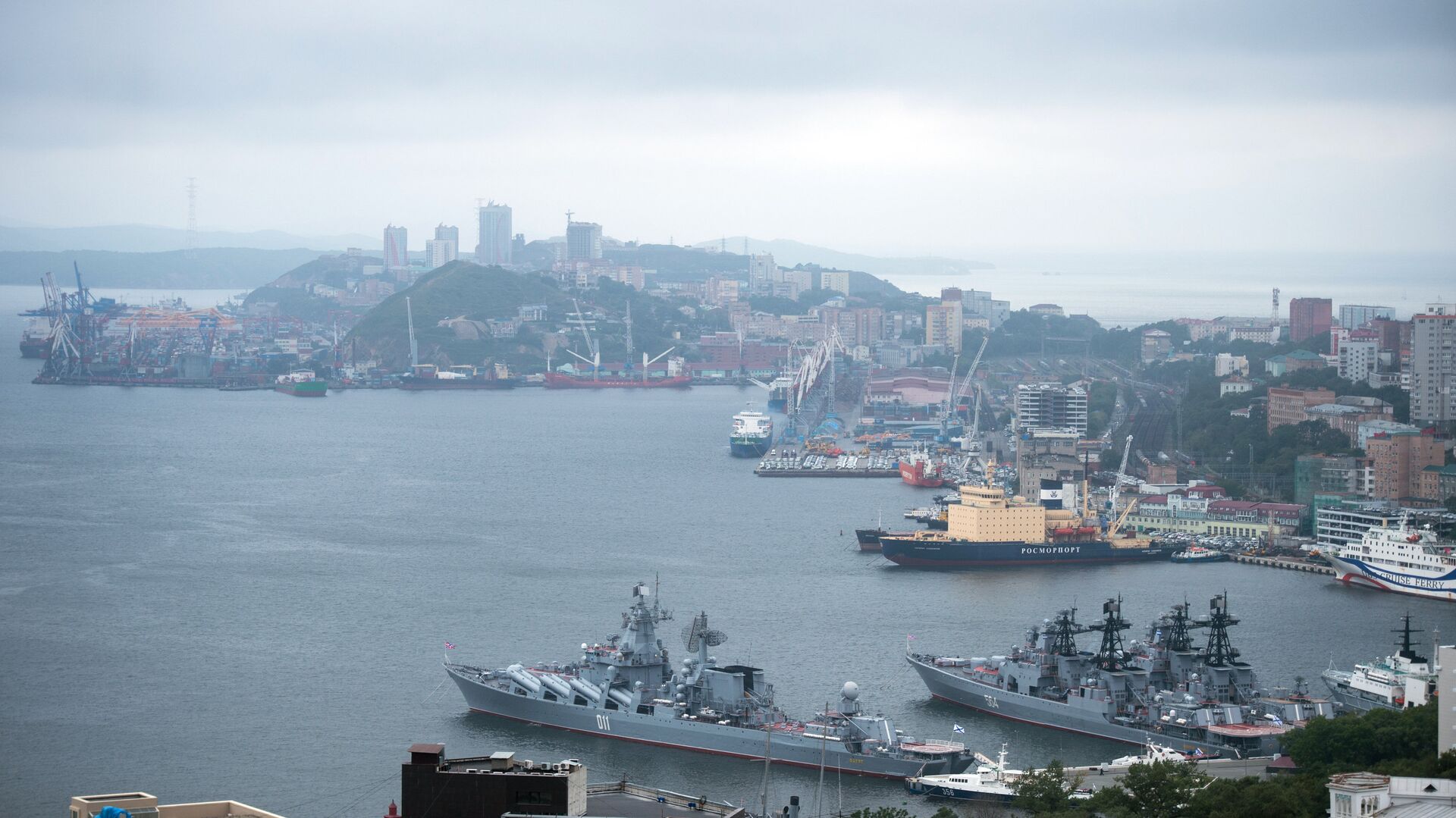Unfolding Geopolitics | Episode 10, Hyper-local, cross-border dialogue benefits
How can hyper-local, cross-border dialogue provide stability in border communities? International Affairs Fellow at the Council on Foreign Relations and Visiting Fellow at Gateway House, Purvi Patel, on a recent visit to Haiti and the Dominican Republic, observed similarities with other complex cases such as the India-Myanmar border and offers lessons for them.

